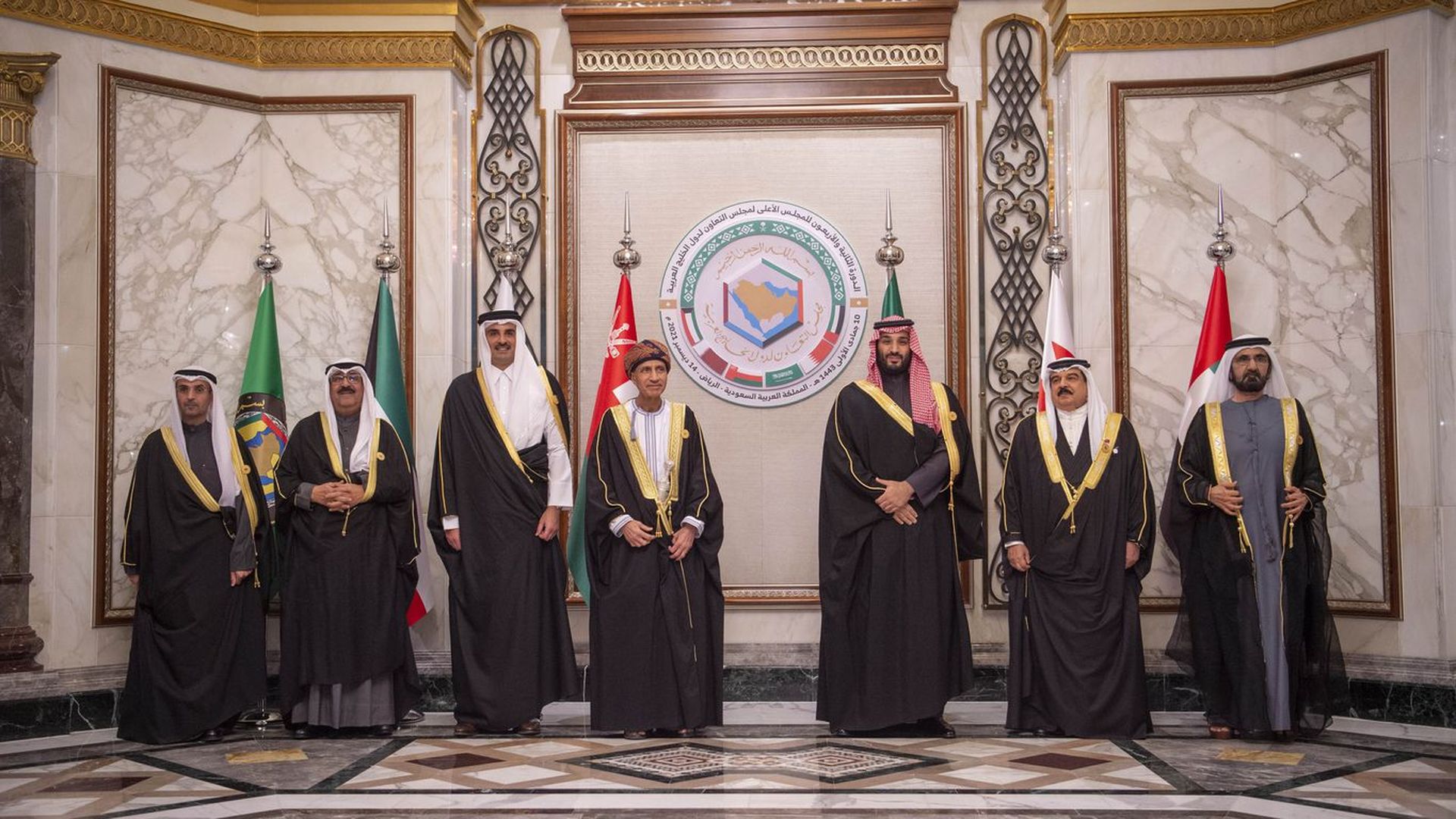
More than 20 Saudi contestants, drawn from technical and vocational education and training institutions throughout the Kingdom, took part under the banner of the national skills competition authority. They competed in categories including mobile robotics, electrical installations, refrigeration and air-conditioning, graphic and web design, mechanical engineering, welding and electronics. The breadth of fields reflects a concerted effort by the Kingdom to build a diversified and technically capable labour force.
Officials described the medal haul as a significant step in advancing the country’s ambitions under its national transformation strategy aimed at reducing reliance on oil and broadening economic participation. One participant in the welding category described the training cycle: “We started on basic bead practice, advanced to structural welds and then moved to timed assembly tasks,” adding that the competition environment demanded precision and composure. The delegation’s success was framed as part of a wider push to raise standards in vocational training and ensure alignment with global benchmarks.
This year’s competition followed the established standards of a premier international vocational skills forum, underscoring the importance of industry-graded evaluation in promoting excellence. The Saudi delegation’s results were widely interpreted as a marker of the training system’s maturation. Despite the achievement, stakeholders noted that gaps remain. While gold medals were secured in high-visibility categories, the Kingdom’s performance in some newer disciplines such as web design and CAD lagged slightly behind peers, suggesting the need for further investment in digital and creative skills streams.
Regional partners welcomed the outcome as validation of the Gulf’s collective commitment to workforce development. The hosting country, Qatar, provided the stage from October 26 to 30 for the competition, which is regarded as a core initiative in building skilled human capital across the Gulf cooperation framework. The multidiscipline format requires competitors to demonstrate not only practical know-how, but also innovative problem-solving and adaptability under timed conditions.
The Saudi training authority pointed to the results as evidence that the vocational track is gaining credibility and appeal among young jobseekers, challenging the long-held bias toward academic pathways. A spokesperson said that the medal tally would feed into a national review of training curricula and partnerships with industry, with the aim of aligning education outcomes more closely with employer demand and economic diversification priorities.
Topics
Qatar
